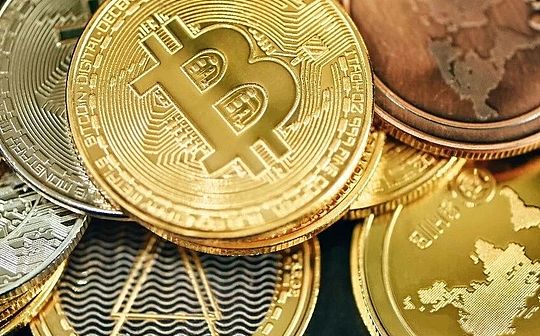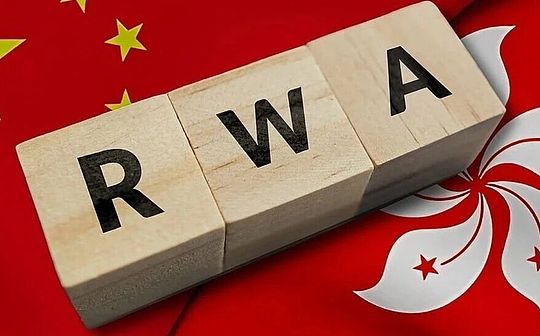About LUSD
Liquity is a decentralized protocol that allows Ether holders to obtain maximum liquidity against their collateral without paying interest. After locking up ETH as collateral in a smart contract and creating an individual position called a "trove", the user can get instant liquidity by minting LUSD, a USD-pegged stablecoin. Each trove is required to be collateralized at a minimum of 110%. Any owner of LUSD can redeem their stablecoins for the underlying collateral at any time. The redemption mechanism along with algorithmically adjusted fees guarantee a minimum stablecoin value of USD 1. An unprecedented liquidation mechanism based on incentivized stability deposits and a redistribution cycle from riskier to safer troves provides stability at a much lower collateral ratio than current systems. Stability is maintained via economically-driven user interactions and arbitrage, rather than by active governance or monetary interventions. The protocol has built-in incentives that encourage both early adoption and the operation of multiple front ends, enhancing decentralization.
Official Website
Social Media


Frequently Asked Questions
What Is Liquity USD (LUSD)?
Read MoreLiquity USD (LUSD) is a USD-pegged stablecoin used to pay out loans on the Liquity protocol. At any time it can be redeemed against the underlying collateral at face value. To borrow, you must open a Trove and deposit a certain amount of Ethereum (ETH) as collateral, and can then draw LUSD up to a collateral ratio of 110%.
Liquity protocol is a decentralized protocol that provides users with interest-free loans, secured by Ether collateral. To guarantee the loans, Liquity has created a Stability Pool with LUSD and borrowers act as guarantors for any remaining debt. At the time of writing, total value locked (TVL) on the protocol is over $642 million.
Who Are the Founders of Liquity USD (LUSD)?
Read MoreRobert Lauko is the founder and Head of Research at Liquity. He has a background in traditional finance and researching algorithms, network monitoring, and scalability issues.
Rick Pardoe is the co-founder and Lead Engineer at Liquity. He holds degrees in Physics and Economics.
Michael Svoboda is the current CEO at Liquity. He was previously CEO and COO at several blockchain companies, and holds a degree in computer science and economics.
How Does Liquity USD (LUSD) Work?
Read MoreAs laid out in its official documentation, Liquity is a 'non-custodial, immutable, and governance-free’ protocol, and the primary motivation behind creating it is to develop a decentralized and capital-efficient way to borrow stablecoins.
With Liquity protocol, users can access interest-free loans that require less collateral than other borrowing systems. Instead of having to liquidate your Ether for cash, the Liquity protocol allows you to lock up your Ether and borrow against it to withdraw LUSD, with the opportunity to repay this loan at a later date.
It is also possible to use the LUSD coin as collateral when borrowing Ether, then sell it on the open market to purchase more Ether — a cyclical process that can be repeated multiple times.
Users can also earn LQTY by depositing LUSD in the stability pool, facilitating the Stability pool through their frontend (Liquity Protocol does not have a frontend, external frontend operators provide access to end-users), and providing liquidity to the LUSD:ETH Uniswap pool.
What Makes Liquity USD (LUSD) Unique?
Read MoreLiquity protocol provides interest-free borrowing. To maintain stability, the protocol features one-time borrowing and withdrawal fees that adjust automatically based on when withdrawals occur. For instance, if there are more frequent withdrawals, then the borrowing fee will rise to discourage people from taking out loans.
Rather than implementing variable interest rates to control borrowing dynamics as other systems such as MakerDAO, Liquity leverages a decentralized and direct feedback mechanism via one-off fees. This approach allows borrowers to be aware of the changes in cost upfront while avoiding complicated governance procedures that would otherwise be necessary.
How Many Liquity USD (LUSD) Coins Are There in Circulation?
Read MoreAt the time of writing, the current circulating supply of LUSD is 92,482,286.
How Is the Liquity USD (LUSD) Network Secured?
Read MoreLUSD is an ERC-20 token issued on the Ethereum blockchain, which is secured through the Proof-of-Stake (PoS) consensus mechanism. Validators stake 32 ETH to participate in consensus and validating transactions.
Where Can You Buy Liquity USD (LUSD)?
Read MoreLUSD can be purchased on centralized exchanges like Binance, Coinbase, KuCoin, Gemini, Gate.io, OKX and more. It is also available for trading on decentralized exchanges like Uniswap (V3), Balancer (V2) and more.
Keep track of LUSD live prices in real-time with the CMC mobile app.
What is the all-time high price of Liquity USD (LUSD)?
Read MoreThe all-time high of LUSD was 3.12 USD on 2021-11-16, from which the coin is now down 67.94871794871796%. The all-time high price of Liquity USD (LUSD) is 3.12. The current price of LUSD is down 67.94871794871796% from its all-time high.
How much Liquity USD (LUSD) is there in circulation?
Read MoreAs of
, there is currently 30.91M LUSD in circulation. LUSD has a maximum supply of 0. What is the market cap of Liquity USD (LUSD)?
Read MoreThe current market cap of LUSD is 31.06M. It is calculated by multiplying the current supply of LUSD by its real-time market price of 1.00.
What is the all-time low price of Liquity USD (LUSD)?
Read MoreThe all-time low of LUSD was 0
, from which the coin is now up 0%. The all-time low price of Liquity USD (LUSD) is 0. The current price of LUSD is up 0% from its all-time low. Is Liquity USD (LUSD) a good investment?
Read MoreLiquity USD (LUSD) has a market capitalization of $31.06M and is ranked #614 on CoinMarketCap. The cryptocurrency market can be highly volatile, so be sure to do your own research (DYOR) and assess your risk tolerance. Additionally, analyze Liquity USD (LUSD) price trends and patterns to find the best time to purchase LUSD.











